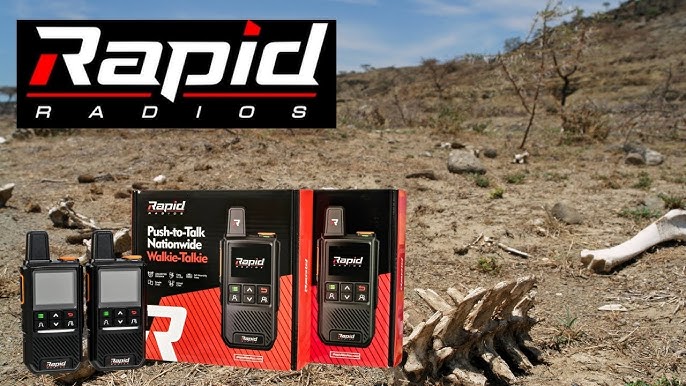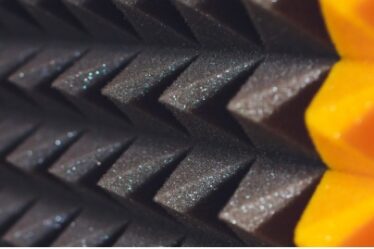
Today, cellular communication is a key to our society. When a natural disaster or a power outage strikes, our essential cell towers might stop functioning, cutting off cellular service to a multitude of panicked subscribers.
Yet in times of crisis when people are most in need of communication, two-way radios and other portable communication devices continue to work and are just as accessible as any cellular tower – if not more so.
This informative guide will answer the question of ‘Will rapid radios work if cell towers go down?’ and show the reader why they are a must-have during the kind of critical moments when people need to talk to one another and conventional methods are offline.
Uninterrupted Communication in Emergencies
Often, during disasters – such as hurricanes, earthquakes, or wildfires – cell towers are among the first infrastructures to fail. When they do fail, people and emergency workers frequently find themselves cut off from many common forms of electronic communication.
This is because cellular systems are almost exclusively dependent on the cellular operator’s proved equipment and infrastructure. And unfortunately, this equipment is not always kept in perfectly functioning condition or, the worst cases, even properly maintained.
Radios using “instant communication systems” operate quite differently. These systems are much more suited to reaching people in remote areas or during emergencies when more conventional communication setups might be down.
Lifeline for Emergency Responders
Uninterrupted communication is vital for emergency services like the police and fire departments, as well as paramedics, to work well together. In the most trying of circumstances, these agencies must allocate resources and manage their forces in real time to ensure safety for both the public and the responders themselves.
Though cellular systems are used by some, they can’t be relied upon in high-demand situations. More often than not, secure, reliable, and instantly available radio systems are the backbone of effective coordination for the agencies that respond to our emergencies. For these first responders, the answer to ‘Will rapid radios work if cell towers go down?’ can be the difference between life and death.
Empowering Communities and Individuals
It’s not just emergency professionals who utilize two-way and/or long-range radios; they are also essential for individuals and communities. When disaster strikes, family members or neighbors can reach for the radio and maintain some semblance of order, relaying up-to-the-minute information when other modes of communication are rendered useless.
Groups can use them for everything from coordinating neighborhood evacuations to checking on the well-being of residents who need assistance to get through tough times. There’s an accessibility to these communication devices that makes them age-inclusive and simple to use, ensuring that no one is isolated when all other modes of contact fail.
Will Rapid Radios Work if Cell towers Go Down? The Short Answer in Most Cases, Is Yes
These radios ensure that people can keep in touch during an emergency when cell towers can’t. They aren’t just an alternative communication method; they’re practically a necessity in disaster preparedness due to their ease of use, reliability, and complete independence from any infrastructure the disaster might have also taken out.
Even if you don’t use them yourself, it makes sense as a citizen of any community to invest in and familiarize yourself with these devices so that you can at least be an informed, ready-to-help kind of bystander when someone else is in communication distress.


